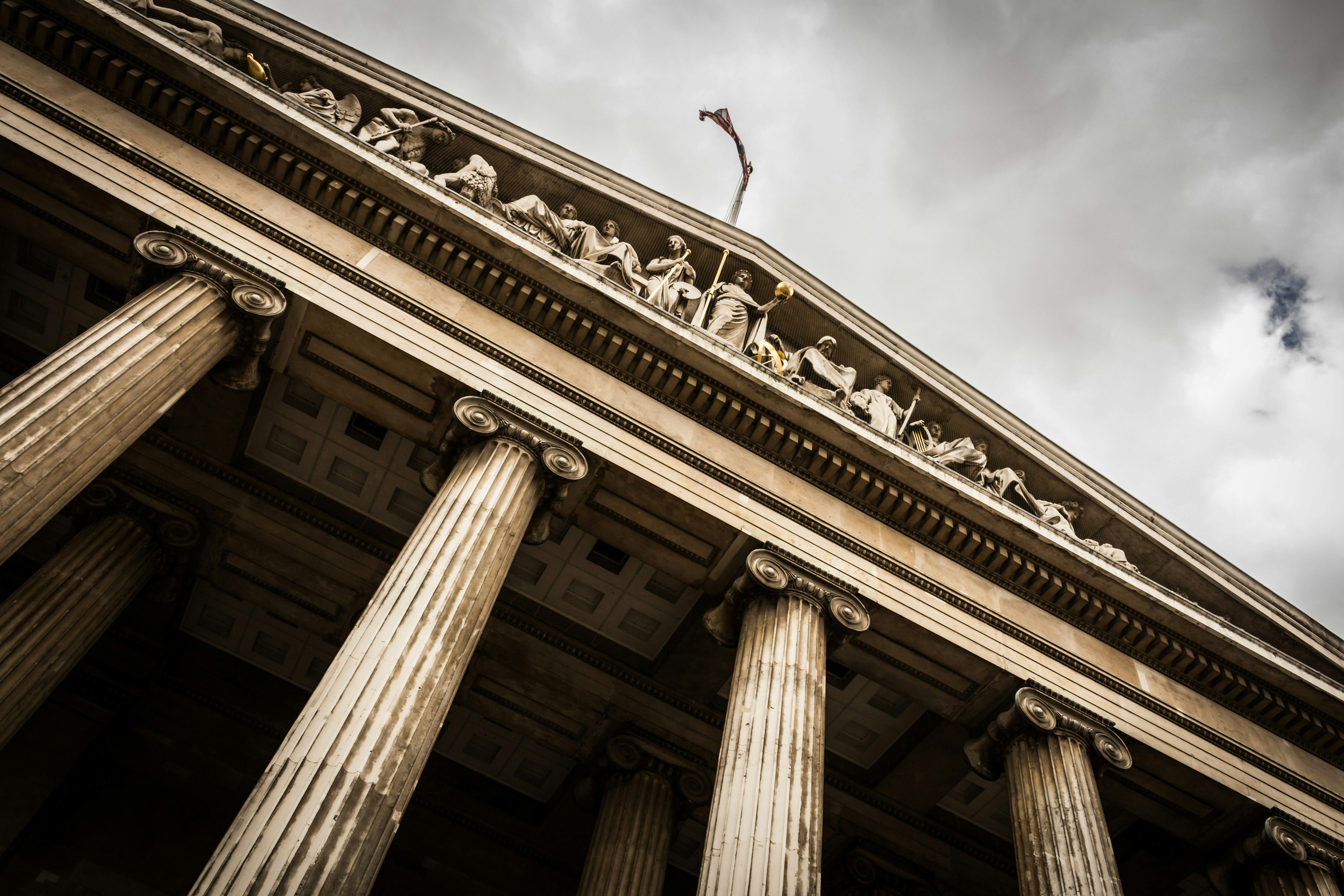
Legal & Compliance Center
At Tokery Finance, legal integrity and regulatory compliance are not afterthoughts — they are foundational pillars of everything we build.
Built for trust. Backed by Law. Powered by Tokery Finance.
At Tokery Finance, legal integrity and regulatory compliance are not afterthoughts — they are foundational pillars of everything we build. The tokenization of real-world assets (RWA) demands precision, legal rigor, and jurisdictional awareness. Our Legal & Compliance Center exists to offer full transparency into how we uphold these standards across our platform, especially through our Tokery Bot, the industry’s most intuitive RWA tokenization assistant.
Our legal Philosophy
We believe the future of finance requires harmony between innovation and regulation. The tokenization of RWAs—whether real estate, commodities, debt instruments, or intellectual property—must operate within clearly defined legal parameters. Tokery is engineered from the ground up with full adherence to international compliance frameworks, local securities laws, and token issuance regulations.
Compliance by Design
The Tokery Bot is more than a tool — it’s your digital legal assistant. At each step of the tokenization process, the bot dynamically adapts to your jurisdiction, asset type, and intended legal structure, ensuring that all necessary documentation, KYC requirements, and regulatory obligations are addressed in real time.
Key Legal Capabilities of the Tokery Bot:
Dynamic jurisdiction mapping
Automatic KYC/AML onboarding
Legal wrapper recommendations (SPV, DAO-based, custodial, etc.)
Token classification (security, utility, or hybrid)
Smart contract audit checkpoints
Behind the scenes, the bot is constantly updated in collaboration with our legal advisory board to reflect changes in international regulations.
Understanding Legal & Compliance in Real-World Asset Tokenization
Tokenizing real-world assets (RWAs) — such as real estate, commodities, private equity, invoices, or intellectual property — requires more than just technical execution. It demands strict alignment with legal frameworks, securities laws, and cross-jurisdictional compliance standards. As this space continues to grow, regulators globally are watching closely. At Tokery, we don’t just follow the rules — we embed them directly into the tokenization process.
What Makes RWA Tokenization Legally Complex?
Asset Classification
Is the tokenized asset a security, commodity, or utility? The classification affects which regulations apply. In many jurisdictions, tokenized RWAs fall under securities law, which triggers strict requirements.
Jurisdictional Overlap
Assets might be located in one country, tokenized in another, and sold to investors globally. Each of those regions may have different laws, leading to regulatory friction if not managed carefully.Ownership Representation
Legal clarity must exist between the on-chain token and the off-chain asset. Investors need enforceable rights — whether it’s profit-sharing, dividends, voting, or redemption rights.Custody & Legal Wrappers
A compliant RWA token often relies on legal structures like:Special Purpose Vehicles (SPVs) to hold real assets.
Trusts or custodians to safeguard ownership rights.
DAOs in certain decentralized governance models.
KYC, AML, and CTF
Know-Your-Customer (KYC), Anti-Money Laundering (AML), and Counter-Terrorist Financing (CTF) procedures must be implemented — not just once, but continuously.Smart Contract Governance
Smart contracts that issue and manage tokens must reflect legal terms and often need audits and legal approval, especially for regulated assets.
The Role of Global Regulations
Different jurisdictions apply different laws to tokenized assets. For example:
Europe is implementing MiCA, which classifies and regulates crypto-assets at an EU-wide level.
The U.S. treats most tokenized securities under SEC jurisdiction, requiring registration or exemption.
Switzerland and Singapore have introduced progressive frameworks, allowing certain types of tokenized assets under defined conditions.
Failure to comply can result in:
Investor litigation
Fines or project shutdown
Token delisting from regulated platforms
How Platforms Like Tokery Solve This
Compliance in RWA tokenization isn’t optional — it’s infrastructure. Platforms must:
Integrate legal logic into smart contract deployment
Provide automated KYC/AML flows
Map token legal structures to recognized asset classes
Stay updated on cross-border laws and tax implications
At Tokery, we address all of this head-on — embedding compliance from Day 1 through a robust, legally-aware tokenization engine.


